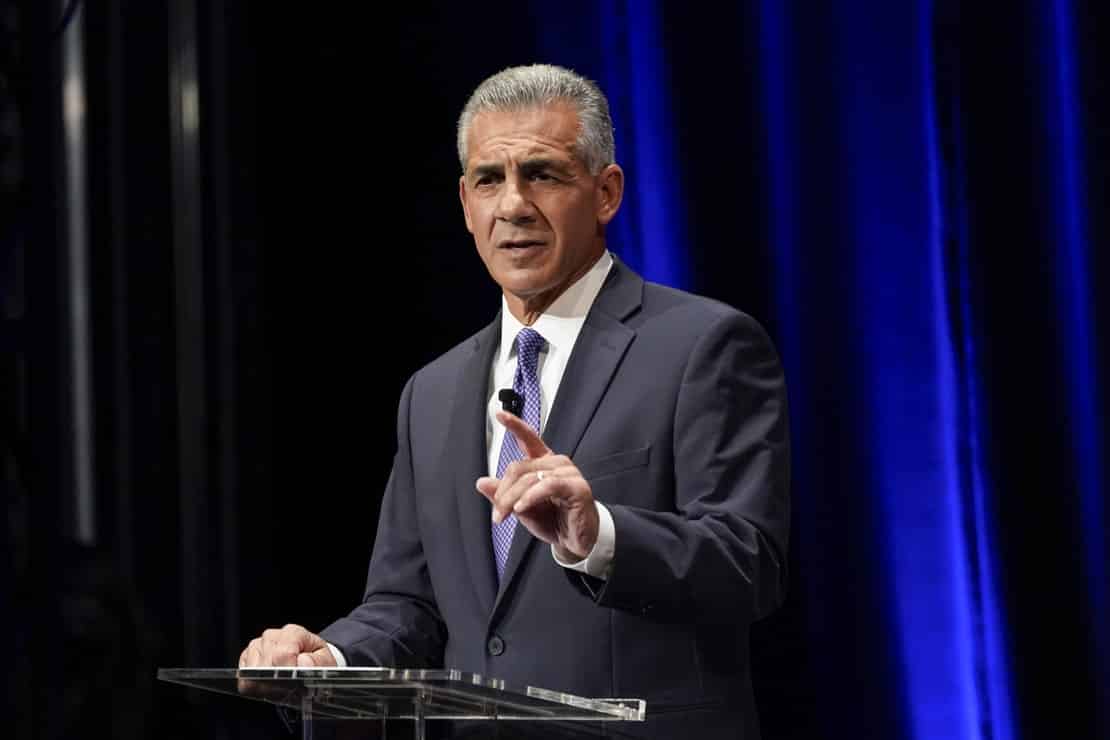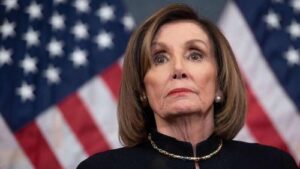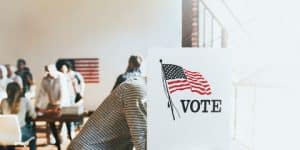The director of a major polling outfit penned an op-ed in NJ.Com apologizing for the inaccuracy of his work and wondering whether pre-election polls have any value at all.
Patrick Murray is the director of the Monmouth University Polling Institute, one of the most respected state polling organizations in the country. And he apologized to the New Jersey gubernatorial campaigns of Republican Jack Ciattarelli and Democrat Patrick Murphy for not giving them an accurate picture of the electorate in the lead-up to election day. Murray knows that perceptions are vital in a political race, and the perception that Ciattarelli was so far behind contributed to a lag in fundraising and probably suppressed turnout.
Murray is no different than other political pollsters who can’t figure out why their methods — which worked so well in post-World War II America — have recently been so wildly off base.
Election polling is a different animal, prone to its fair share of misses if you focus only on the margins. For example, Monmouth’s polls four years ago nailed the New Jersey gubernatorial race but significantly underestimated Democratic performance in the Virginia contest. This year, our final polls provided a reasonable assessment of where the Virginia race was headed but missed the spike in Republican turnout in New Jersey.
What Monmouth missed was the massive turnout of white blue-collar workers who voted for the Republican. The last poll Monmouth published before the election saw Murphy ahead by 8 points. Other pre-election polls had Murphy up by 12.
Most pollsters try to compensate for a variety of variables, but it’s getting so difficult that many pollsters have given up political polling altogether, preferring to concentrate on public interest polling.
While pundits and the media are hardwired to obsess on margins, we pollsters bear some responsibility too. Some organizations have decided to opt-out of election polling altogether, including the venerable Gallup Poll and the highly regarded Pew Research Center, because it distracts from the contributions of their public interest polling. Other pollsters went AWOL this year. For instance, Quinnipiac has been a fixture during New Jersey and Virginia campaigns for decades but issued no polls in either state this year.
Perhaps that is a wise move. If we cannot be certain that these polling misses are anomalies then we have a responsibility to consider whether releasing horse race numbers in close proximity to an election is making a positive or negative contribution to the political discourse.
Murray is making a reasonable argument that we are placing too much reliance on the horse race aspect of politics and not the underlying eddies and currents that drive our politics forward.
For most of the 20th century, the best political reporters actually came from the sports section of the newspaper. Then, political reporting was seen as drudgery and any reporter who could liven up his copy with sports metaphors and color in the outsized personalities in politics was a treasured asset for any news organization.
Of course, polls fit very nicely into a sports reporter’s copy. But it may be that we’re past the notion that the public needs to know who’s ahead and who’s behind and focus instead on what the people are actually thinking.
If that methodology had been in place in 2016, Donald Trump’s election would not have come as such a shock to the elites. And pollsters wouldn’t have lost most of their credibility.



